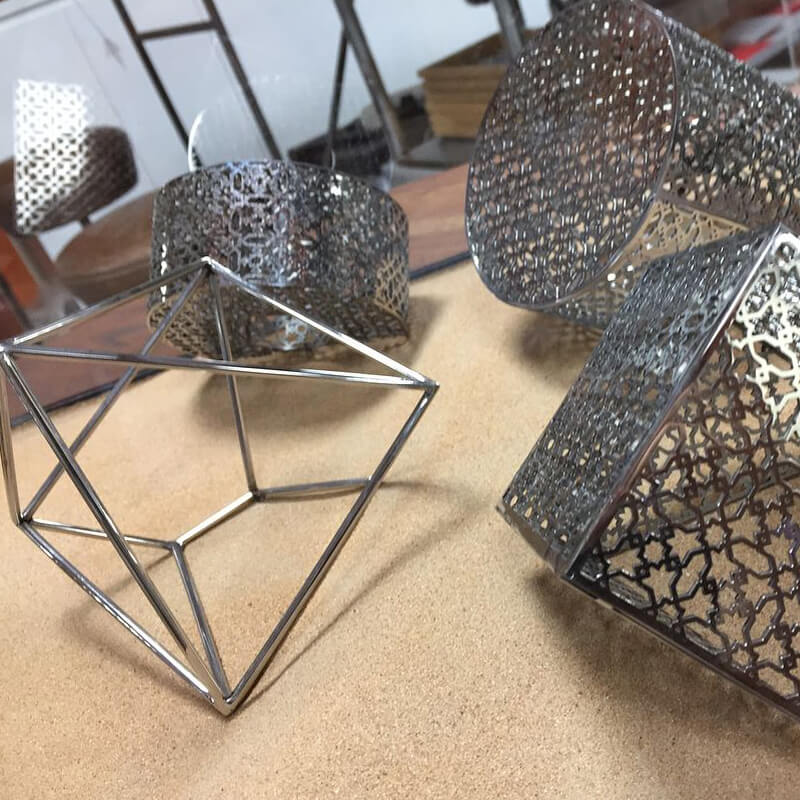
Precision in metal fabrication refers to the ability to accurately produce high-quality metal components according to specific design specifications. This level of accuracy is achieved through advanced manufacturing techniques, specialized tools, and skilled craftsmanship.
There are several reasons why precision is essential in metal fabrication services:
Ensuring structural integrity:
Precision in metal fabrication services ensures that structures and components are strong, reliable, and safe. Even small miscalculations in cutting, welding, or assembling metal parts can result in weaknesses that compromise structural integrity. Accurate fabrication guarantees that metal pieces align correctly, reducing the risk of failures in construction, machinery, and other applications.
Reducing material waste:
Precise fabrication reduces material waste by ensuring that every cut, bend, and weld is executed with accuracy. When dimensions are off, manufacturers may need to discard faulty pieces, leading to higher material costs. By using advanced machinery and skilled techniques, metal fabricators optimise material usage, making the process more cost-effective and environmentally friendly.
Improving efficiency and productivity:
Precision speeds up the fabrication process by reducing the need for rework and adjustments. When measurements and cuts are accurate from the beginning, assembly and welding become more straightforward. This result in faster production times, reduced labour costs, and increased overall efficiency in manufacturing and construction projects.
Meeting industry standards:
Many industries, including aerospace, automotive, and construction, have strict quality and safety standards that require precise fabrication. Adhering to these standards ensures that metal components meet regulatory requirements and function correctly in their intended applications. Precision fabrication helps businesses maintain compliance, avoid penalties, and deliver high-quality products to their clients.
Improving product performance:
Precision fabrication contributes to better product performance by ensuring that metal components fit and function as expected. Poorly fabricated parts can cause misalignments, friction, or operational failures in machinery and equipment. Accurate measurements and cuts allow for smooth integration of metal components, improving efficiency and longevity.
Utilizing advanced technology:
Modern metal fabrication relies on advanced technology such as CNC machining, laser cutting and robotic welding to achieve high levels of precision. These technologies minimise human errors and ensure consistent accuracy across large production runs. Investing in precise fabrication techniques improves product quality and improves a company’s reputation.